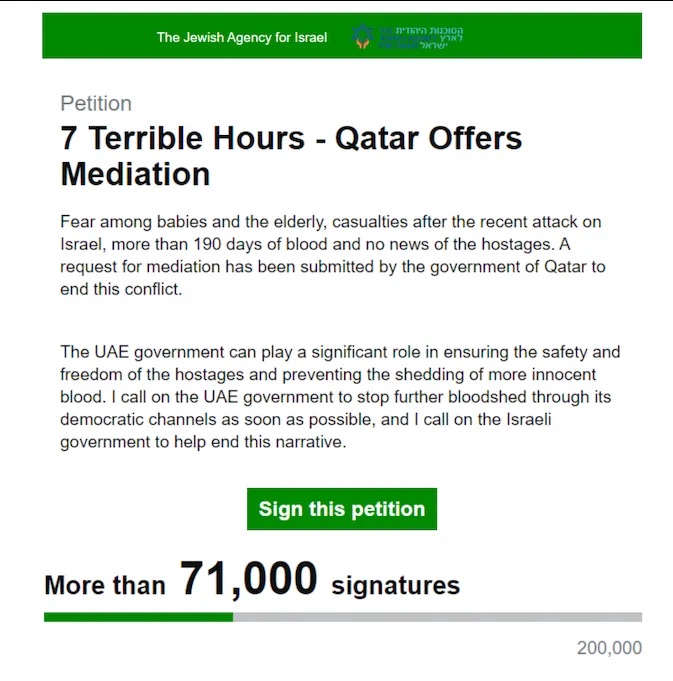Google’s threat team confirms Iran targeting Trump, Biden, and Harris campaigns
It is only August —
Another Big Tech firm seems to confirm Trump adviser Roger Stone was hacked.

Enlarge / Roger Stone, former adviser to Donald Trump’s presidential campaign, center, during the Republican National Convention (RNC) in Milwaukee on July 17, 2024.
Getty Images
Google’s Threat Analysis Group confirmed Wednesday that they observed a threat actor backed by the Iranian government targeting Google accounts associated with US presidential campaigns, in addition to stepped-up attacks on Israeli targets.
APT42, associated with Iran’s Islamic Revolutionary Guard Corps, “consistently targets high-profile users in Israel and the US,” the Threat Analysis Group (TAG) writes. The Iranian group uses hosted malware, phishing pages, malicious redirects, and other tactics to gain access to Google, Dropbox, OneDrive, and other cloud-based accounts. Google’s TAG writes that it reset accounts, sent warnings to users, and blacklisted domains associated with APT42’s phishing attempts.
Among APT42’s tools were Google Sites pages that appeared to be a petition from legitimate Jewish activists, calling on Israel to mediate its ongoing conflict with Hamas. The page was fashioned from image files, not HTML, and an ngrok redirect sent users to phishing pages when they moved to sign the petition.

A petition purporting to be from The Jewish Agency for Israel, seeking support for mediation measures—but signatures quietly redirect to phishing sites, according to Google.
In the US, Google’s TAG notes that, as with the 2020 elections, APT42 is actively targeting the personal emails of “roughly a dozen individuals affiliated with President Biden and former President Trump.” TAG confirms that APT42 “successfully gained access to the personal Gmail account of a high-profile political consultant,” which may be longtime Republican operative Roger Stone, as reported by The Guardian, CNN, and The Washington Post, among others. Microsoft separately noted last week that a “former senior advisor” to the Trump campaign had his Microsoft account compromised, which Stone also confirmed.
“Today, TAG continues to observe unsuccessful attempts from APT42 to compromise the personal accounts of individuals affiliated with President Biden, Vice President Harris and former President Trump, including current and former government officials and individuals associated with the campaigns,” Google’s TAG writes.
PDFs and phishing kits target both sides
Google’s post details the ways in which APT42 targets operatives in both parties. The broad strategy is to get the target off their email and into channels like Signal, Telegram, or WhatsApp, or possibly a personal email address that may not have two-factor authentication and threat monitoring set up. By establishing trust through sending legitimate PDFs, or luring them to video meetings, APT42 can then push links that use phishing kits with “a seamless flow” to harvest credentials from Google, Hotmail, and Yahoo.
After gaining a foothold, APT42 will often work to preserve its access by generating application-specific passwords inside the account, which typically bypass multifactor tools. Google notes that its Advanced Protection Program, intended for individuals at high risk of attack, disables such measures.
Publications, including Politico, The Washington Post, and The New York Times, have reported being offered documents from the Trump campaign, potentially stemming from Iran’s phishing efforts, in an echo of Russia’s 2016 targeting of Hillary Clinton’s campaign. None of them have moved to publish stories related to the documents.
John Hultquist, with Google-owned cybersecurity firm Mandiant, told Wired’s Andy Greenberg that what looks initially like spying or political interference by Iran can easily escalate to sabotage and that both parties are equal targets. He also said that current thinking about threat vectors may need to expand.
“It’s not just a Russia problem anymore. It’s broader than that,” Hultquist said. “There are multiple teams in play. And we have to keep an eye out for all of them.”
Google’s threat team confirms Iran targeting Trump, Biden, and Harris campaigns Read More »


